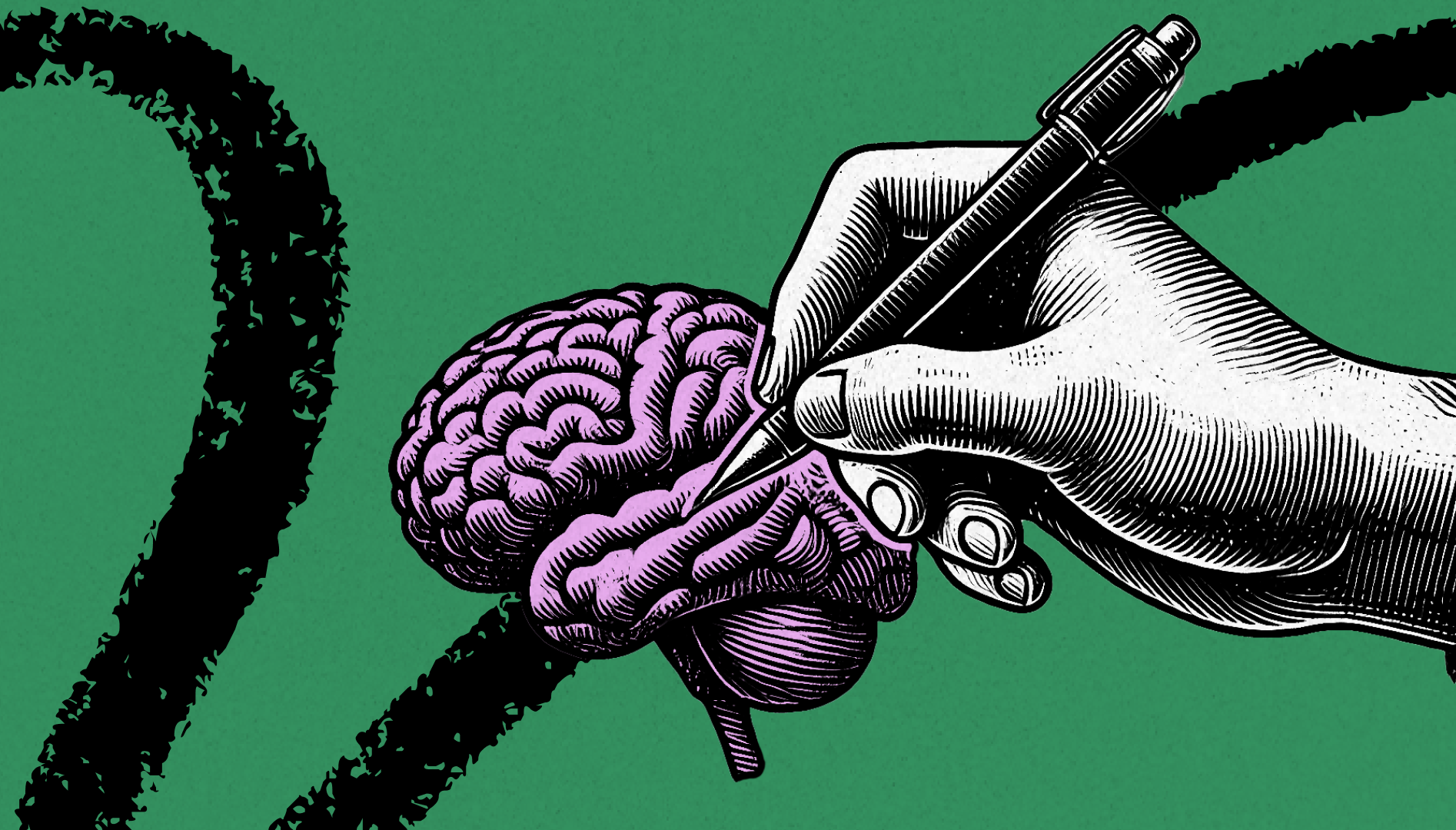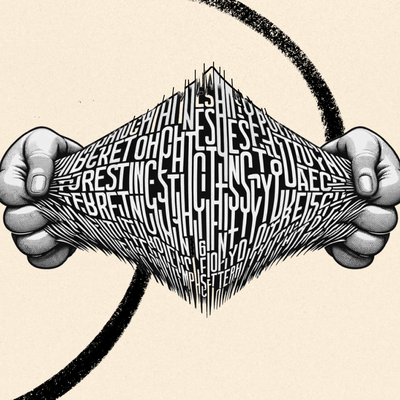
Was this newsletter forwarded to you? Sign up to get it in your inbox.
I always love an article that confirms my priors, so I was particularly excited to read Paul Graham’s latest essay, "Writes and Write-Nots."
In case you missed the piece, he argues that writing is an extension of thinking. He believes that as a skill, writing well is already very unequally distributed. And in a world with AI, where your writing is instantly up-leveled by bots like ChatGPT, even fewer people will need to learn to write well. Therefore, even fewer people will think well—dividing the world between writers and write-nots and, as a consequence, between thinkers and think-nots.
This piece pinpoints one of the things I love so much about writing: It is a way of thinking for me. But I don’t share his worries about writing or thinking. Here’s my attempt to articulate why.
Writing is thinking, but thinking is not writing
PG’s argument hinges on a central premise: Writing is thinking. That premise is true as a subset but not as an identity. Writing is thinking, but the converse doesn’t hold: Writing is not the only way to think.
Consider conversation. Many of history’s most important thinkers, including Socrates and Plato, held that conversation was a much better mode for thinking than writing was. In fact, Plato was suspicious of writing as a tool for thinking because it reduces the need to memorize. And unlike in conversation, a piece of writing cannot talk back to the reader—which he regarded as supremely important.
Whatever you think of the impact of AI on people’s writing abilities, a highly intelligent conversation partner well-versed in all of human knowledge is quite a good thinking aid. I’ve found this repeatedly with ChatGPT’s Advanced Voice mode, which I’ve used to explore everything from quantum mechanics to philosophy.
Writing is a way of thinking—one that is particularly valuable to me. But even in a world where writing goes away, many types of thinking will remain, and they’ll be augmented—rather than eliminated—by AI if we so choose.
But there’s a subtler idea in PG’s argument—that a certain kind of thinking is only possible through writing. He doesn’t say specifically what kind of thinking that is, but I can take an educated guess: When you turn the vast, interconnected network of thoughts, feelings, and ideas in your mind into a line of words, you find sequence, order, and story. You expose fallacy and fuzziness. Externalizing your thoughts pins them down, and once they are pinned you can bring your whole mind to bear on them, over and over, to clarify and improve them.
And writing doesn’t just tell you what you already think somewhere in the cobwebbed attic of your brain. It actively helps you to generate new—and better—thoughts and ideas as you do it.
I believe this is the kind of thinking PG is afraid might go away, or at least become more scarce in an AI-driven future. He likens this to physical strength in pre-industrial times. Everyone used to be strong before the Industrial Revolution as a result of performing manual labor. But now that machines can do a lot of that labor, many people are strong only if they choose to go to the gym.
The Only Subscription
You Need to
Stay at the
Edge of AI
The essential toolkit for those shaping the future
"This might be the best value you
can get from an AI subscription."
- Jay S.
Join 100,000+ leaders, builders, and innovators

Email address
Already have an account? Sign in
What is included in a subscription?
Daily insights from AI pioneers + early access to powerful AI tools






.png)


Comments
Don't have an account? Sign up!
I really appreciate this perspective! It's one that I strongly agree with. Hearing people shouting about AI taking over everything is quite frustrating and your comparison of AI to strength and the Industrial Revolution is one I intend to carry forward.
@cody.j.debos so glad you like it!
Nice piece Dan, and thanks for highlighting the pg essay — somehow I missed it.
I pretty much agree with everything you've said, and your framing resonates. My main concern is striking the right balance: how do I keep LLMs as a sharpening tool for my writing, rather than letting them take over the heavy lifting? I want AI to challenge and refine my skills, not to become a crutch that does the actual writing for me.
I also want to maintain my 'voice', and I want it to grow and evolve over time. Again, something that will most certainly go out the window if I let the AI take over.
@s_8463 thanks scott glad it resonates!
I don’t have a specific answer but I suspect pride of craft has something to do with it. Great creative work is about relentlessly imbuing your taste into every aspect of your work…by definition that requires your engagement and voice (even if the AI is doing some of it at your direction)
Nice ideas! Thanks for sharing it! :)
I agree in most parts, and hope more people can engaje to this way of growing with AI...
You said writing is thinking (agree) but I wonder how different is talking as a way of thinking... considering you pause to think about your ideas before you speak... lol